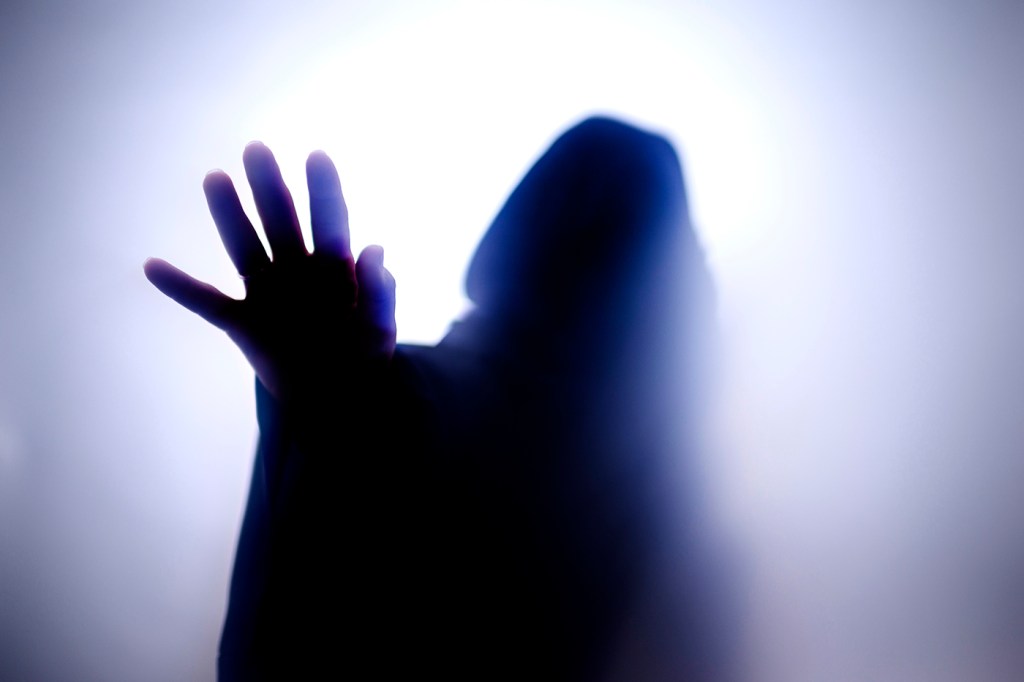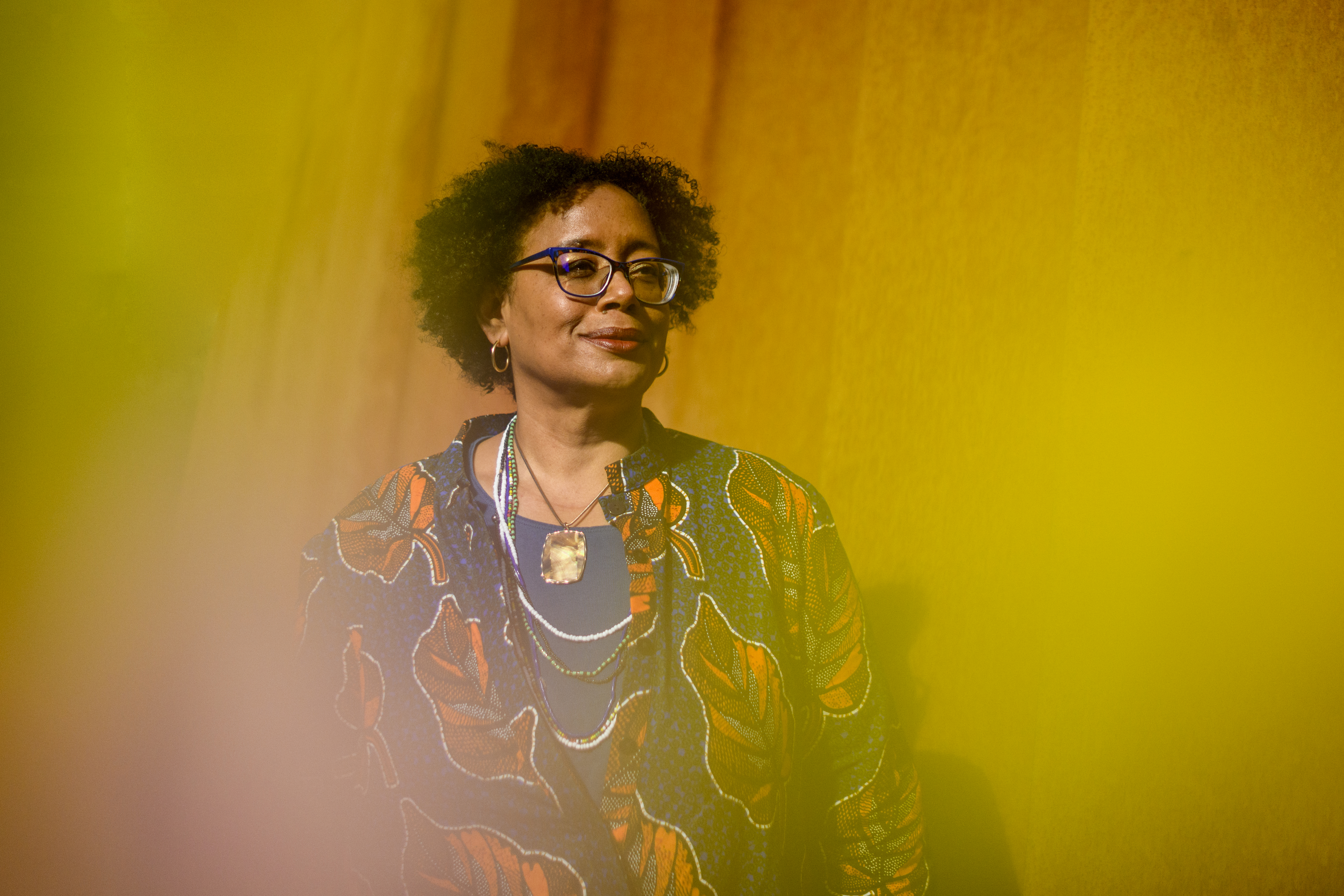Ghost stories: Why tales of the undead still mean so much (even if you don’t believe in ghosts)

We all know the stories: A dark shape lurks in the background, just out of view. A house seems to have a life of its own, doors opening and objects moving untouched by human hands.
Whether they’re told around a campfire or on the big screen, ghost stories still haunt and intrigue people today, particularly Americans. But why? What do ghosts mean to us, and why do they still matter, even in 2023?
The answer is, it depends. Ghost stories have a long history in American culture and media, but almost every culture has its version of a “ghost” –– and they aren’t all here to haunt us.
“What a society calls a ghost is really reflective more of the society than it is necessarily the entity itself, depending upon your belief system,” says N. Fadeke Castor, an ethnographer and assistant professor of religion and Africana studies at Northeastern University.

It might sound simple, but to understand why and what ghost stories mean to us, it’s important to first understand what a ghost is –– and what it’s not.
Other cultures have their own interpretations of spirits –– like the duppy in the Caribbean –– but the idea of a ghost seen in American pop culture, a spirit that haunts a house or people, is specific to the West. Carie Hersh, a teaching professor of anthropology at Northeastern, says ghost stories are usually about the transition between life and death. But in the West these stories are often about what happens when something goes wrong in that process.
“Whenever we talk about funeral rituals and things like that, there’s always a fear or an anxiety that something’s going to go wrong, that people aren’t going to move on to the next phase of existence or that part of them will remain,” Hersh says. “We tend to have a lot of rituals around death, and some of that is to enact a sense of control over this ultimately unknowable transition.”
If spirits are just another relationship and ghost stories are our way of depicting that relationship, then Western ghost stories are all about fractured or unresolved relationships. But Hersh says modern ghost stories like horror movies are connected to very contemporary concerns. Tales of the undead end up saying more about the living than about the spirits that haunt us.
“It probably tells you more about our society’s trauma/depression around natural life cycle stuff –– we tend to hide death away,” Hersh says. “We make it a very sterile, distanced thing, and as a result, like with anything that’s out of sight, out of mind, it becomes something we either don’t think about or we’re scared of. I see contemporary ghost stories more as a reflection of our society and our engagement with death than something universal.”
However, not every ghost story is even about a ghost. Ghosts, spirits, ancestors –– different cultures call them different things. They also mean something very different: Not every ghost story is about cheap thrills, fear or unresolved relationships.

For many people of African descent in the Americas who are part of the African diaspora, the ancestors, those who have died, are not feared but embraced.
“People who have passed on, especially your relations, are still in relationship with you,” Castor says. “They still have a vested interest in your life and are still in active communication with you in a relationship of exchange.”
Unlike the ghostly tales that come from a Euro-centered tradition, these stories provide comfort, kinship and a connection to the past. Hersh observed something similar in her work with a New Age community in Virginia.
“I made friends with a lot of mediums who would be like, ‘Hey, there’s someone at your elbow who wants to talk to you,’ and it was just accepted,” Hersh says.
Even within one culture or community ghost stories can mean different things. Not all ghosts are the same, not all spirits are the same and not all ancestors are the same. Castor points out that the duppy, a more malevolent kind of spirit, can exist alongside the positive power brought by the ancestors in some Caribbean cultures.
However, the biggest reason ghost stories are still so powerful might be that we are always talking with the dead, Castor says.
We read books, watch movies and recite plays and poems by people who are no longer living. Academics cite the work of other academics who have long since passed away, using the voices of the dead to support their own work. We maintain relationships with ghosts, even if we don’t believe in them.
“People are in relationships with non-embodied spirits, and they may conceptualize that relationship in many different ways and ghosts are one of those ways,” Castor says. “When do those who have passed become recognized by a society as spirits, as ghosts, as the ancestors, as the dead and when do they not? We are invoking people’s names all the time. … That is another way that society normalizes being in relation to those who have passed.”
Cody Mello-Klein is a Northeastern Global News reporter. Email him at c.mello-klein@northeastern.edu. Follow him on Twitter @Proelectioneer.






